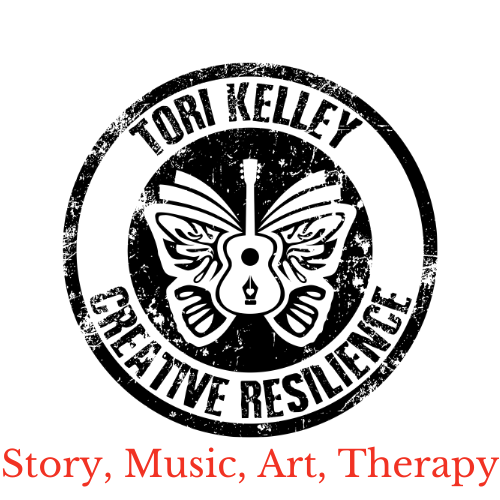I’m no expert, but as I learn, I love to share. Scroll down to discover a helpful nugget or two.
The most important thing to do as a writer is write. Practice makes better.

Write Responsibly
The Silenced Howl: How Children’s Literature Contributed to the Near-Extinction of the Wolf and How…
Artificial Intelligence in KidLit
Building Empathy
Shepherding Your Young Reader into Rocky Picture Book Terrain: How to Use G.O.A.T.S. to Build…
Show Don’t Tell
Pump up the Interest: Move the Camera By Tori Leigh Kelley Photo by Golden Ribbon Photography,…
Helpful websites:
- Association of Writers & Writing Programs
- The Society for Children’s Book Writers and Illustrators
- Query Tracker is an excellent tool to manage your queries.
- Laurie Halse Anderson shares tips for writers.
- Sweeney Writing Coach has helpful classes for learning craft.
- Cynthia Leitich Smith has a wonderful website chockfull of writing resources.
- Malindo Lo has a great resource for World Building.
- Emma Kress breaks down action scenes and how to write them.
- Harold Underdown: Writing, Illustrating, and Publishing Children’s Books: The Purple Crayon
My Favorite Books that Helped Me Learn the Craft of Writing:
On Writing: A Memoir of the Craft by Stephen King
The Emotional Craft of Fiction: How to Write the Story Beneath the Surface by Donald Maass
But Wait! There’s More!
Steal Like an Artist by Austin Kleon
Second Sight by Cheryl Klein
What If by Anne Bernays and Pamela Painter
Twenty Master Plots (And how to build them) by Ronald B. Tobias
The Emotion Thesaurus by Angela Ackerman and Becca Puglisi
Self-Editing for Fiction Writers (How to edit yourself into print) by Renn Browne and Dave King
The Writer’s Little Helper by James V. Smith, Jr.
Pick up as many editions of The Writer’s Market as you can. Each year has great tips.
Join a Critique Group
- Work has to be seen by others in order to improve. Showing it to your loved ones is nice, but they don’t want to hurt your feelings and won’t give you useful information on how to take your work to its highest level. Only show family your work when you need some love and encouragement. Show your work to other writers when you are ready to improve what you’ve written.
- Ask around at conferences, writing programs, and universities near you to find compatible partners.
- Check your local library or start your own!
Rules for Critique Groups
- Never take ownership of someone else’s work. Don’t say what you would do if it were your piece, it’s not. Don’t give directives, instead ask questions. (What is the theme and emotional core of the story you want to tell? Whose story is it? Is the POV coming from the right place? Why this setting, this time period, these people? Questions will lead the author to the answers that are already in their heart.
- Shine a light on what is strong in the piece. Show the author areas where they are connecting and conveying their point clearly. Knowing what is working can go a long way.
- Take turns and let everyone speak.
- Make sure the expectations of what kind of group you will have and how it will operate are clear and acceptable to all parties.
- When your work is being critiqued, remember it is your work, not you personally. Stay silent, unless you have follow up questions, and thank the people who have taken an interest in your work. This is not the time to defend your writerly choices.
- Remember that it is your work and not theirs. You make the final decision on changes that resonate with you. If it clicks in your gut, what they’re saying could be helpful. If you feel hesitant, that could mean either: they don’t understand your work and you should ignore their feedback, OR they do understand your work, but what they’re saying isn’t quite right, even though, if they flagged something that usually indicates that there is a problem you need to address. You can address it in your own way once you spend some time thinking about it and an answer reveals itself that resonates with you and serves the story.
Consider earning an MFA
- Vermont College of Fine Arts helped me become the writer I was meant to be.
- The COVID-19 pandemic hit our world in so many ways. For me, I felt the loss when VCFA had to pivot to virtual learning. While in-person is my preference, I still learned what I needed to write the stories I want to write. I still was able to connect with other writers. I’ve made many wonderful friends who I’ll cherish for the rest of my life. In response to my grief over not having the kind of MFA experience on campus that I wanted, I wrote a song to transport me to the beautiful town on Montpelier, Vermont. You can listen to it by clicking below.






